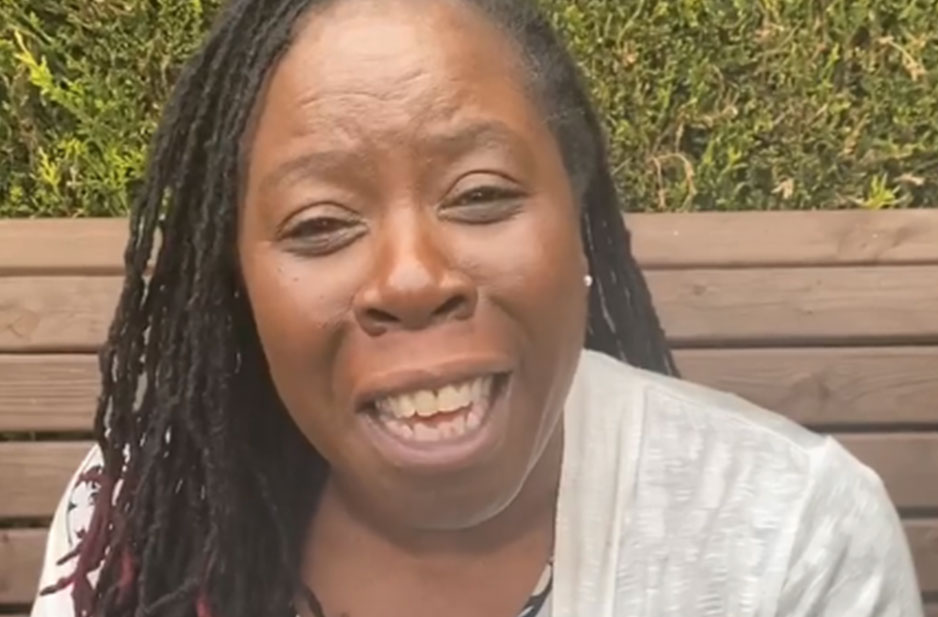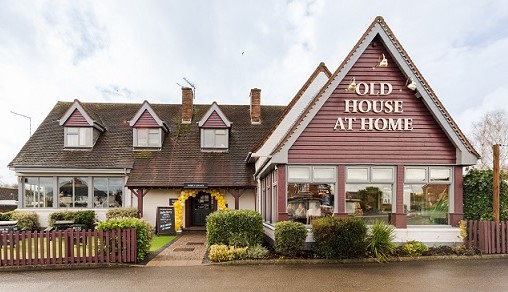A Birmingham city councillor has said that the UK government should hold a full public inquiry into the disproportionate number of coronavirus deaths in the Black, Asian and Multi-Ethnic (BAME) communities.
Councillor Paulette Hamilton, the city council’s Member for Health and Social Care, has demanded that an urgent public inquiry is needed, as a private inquiry would not go far enough.
The City Councillor for the Holyhead Ward, Cllr Hamilton, made the statement after reports came out which highlighted that the death rate of people from Black Caribbean African and Asian background, and because of the Covid-19 virus, in a British hospital stood at over two and a half times more than that of the indigenous white population.
The statement comes as Professor Chris Whitty, the government’s Chief Medical Officer, has commissioned PHE (Public Health England) to conduct a review into the health records following the deaths of people from a BAME background.
Based on the Inquiries Act of 2005, Cllr Hamilton said: “I am asking for a public inquiry – not something that is held privately.
“There are questions that the community are asking, which are simple. And deserve simple honest answers.
“We are going through one of the toughest times ever – and it is the disproportionality of the most vulnerable that has been most prominent in those who have suffered the most.
“As a politician, I would say that the government has been learning as they go along.
“If there’ve been found to be making mistakes, I do think that they should be held accountable for their actions.
“This is people’s lives that we are dealing with”.
Health Secretary, Matt Hancock, said: “All death caused by the virus is tragic. And every behind every statistic there’s a name – and a family that will never be the same again.
“As part of our efforts to reduce health inequalities, PHE is considering a variety of factors – which includes ethnicity – and how they may have impacted on people’s susceptibility to the virus.
“It’s a hugely complex task, but we owe it to the nation to find out it is affecting different groups, in different ways”.
Susan Hopkins, Deputy Director of the National Infection Service at PHE said: “Differences in the proportion of cases between ethnic groups can be due to multiple reasons, such as the difference in age and sex distribution, as well as the differences in the prevalence of co-morbidities, or where people live”.
















